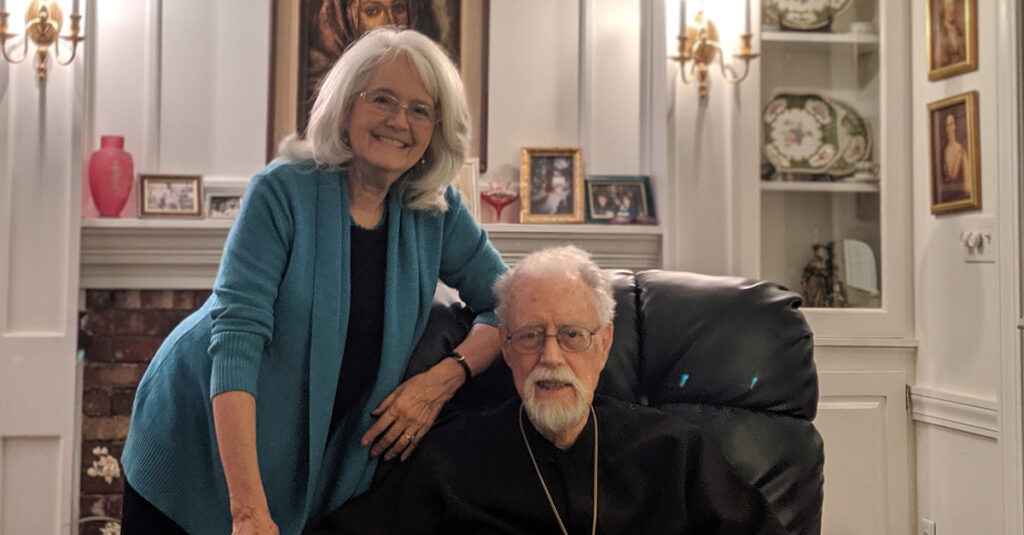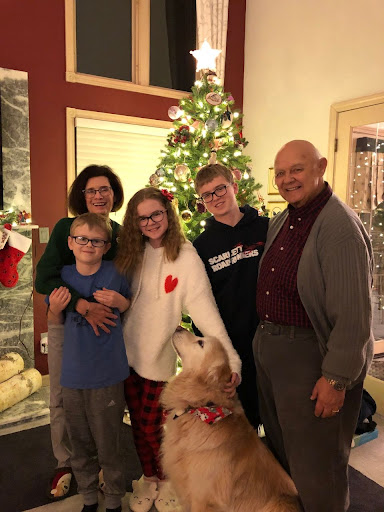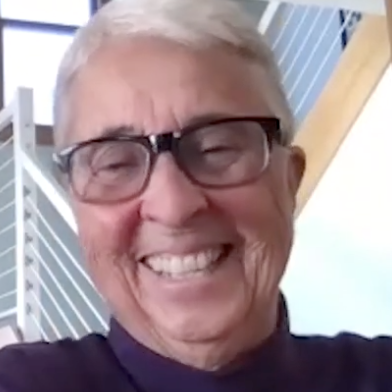Today’s palliative care helps most people manage their pain at a tolerable level. Most of us can hope to die without writhing in agony. But what about those terminally ill patients who are not that lucky?
My Sister’s Death
My family and I had to watch my sister die of starvation when Bulbar ALS slowly paralyzed her tongue. She begged for medical assistance to die. Texas law gave her no options for escaping a dreadful death. Even though Massachusetts offered no aid either, I brought her to my home so she wouldn’t die alone.
Hospice was wonderful in that last week of her life. But given the choice, she would have ended her ordeal a lot earlier.
Do We Have the Right?
Do we have the right to legislate that such patients must endure to the very end, no matter how much they beg for a merciful death? This is a question that we need to examine closely.
If Massachusetts were to pass the proposed End of Life Options Act, it would become the ninth state in the country to do so. California, Colorado, Hawaii, Maine, New Jersey, Oregon, Vermont, Washington, Washington, D.C., have authorized via ballot initiative or the legislative process the option of a peaceful and humane death via a self-administered medication prescribed by the patient’s physician. (In Montana, death with dignity is legal by Supreme Court decision.)
The rules for our state’s bill are stringent: a patient must be diagnosed by two physicians as being terminally ill, and a third professional must deem him/her mentally capable of making such a serious decision.
A Religious Perspective
There are valid qualms on all sides of the debate, just as there are valid reasons to support a more compassionate way of dying. I wish to offer a religious defense of the bill, not from the perspective of Judaism, or Islam, or Buddhism, or Hinduism, or any other religious tradition for which I am not qualified to speak. Instead, I offer these thoughts from my own understanding of Christianity. And though I direct my observations primarily to fellow Christians, I respectfully invite others from both a religious or non-religious worldview to join me in examining this issue that is so very universal.

“Let God.” But Do We?
Seven years ago the Catholic Church in Massachusetts launched a vigorous advertising campaign against the bill proposed on the state’s 2012 ballot as Ballot Question 2. It was defeated by a narrow margin.
Many of my Catholic friends disagree with their church’s opposition to the End of Life Options Act. Others argue that we need to let God decide our fate. I respect their desire not to interfere with the Divine. But in our decision-making, do we really step back at all times and ‘let God’?
Most theists believe that we have been given free will—hence, the gift of making choices. If faced with cancer, most of us take action: chemotherapy, radiation, medications—whatever our oncologists suggest. We humans have developed the means for delaying death as the end approaches, often by putting the terminally ill on life support rather than step back and “let God” take them.
At heart, do we fear that death may be the end? What about our avowed belief in the resurrection of the dead and the life of the world to come? Do we Christians truly believe what we recite in the Nicene Creed, or do we merely give lip service to it? If we truly believed in Christ’s promise to the crucified thief—“This very day you will be with me in paradise”—would we still choose to let the dying die in excruciating pain rather than to release them into that new life?
Fellow Christians, let us affirm our faith in Christ and in the afterlife by fearlessly allowing all people of all faiths to choose for themselves how to meet their end. Fellow non-Christians, please encourage our legislators to protect everyone’s right to self-determination in this most personal of all decisions by voting for The End of Life Options Act. It forces no one to act against their conscience while at the same time allowing all to act in accord with their conscience.

